The International Conference on Materials Innovation 2023 (ICMI 2023) took place in Brisbane, Australia from 22–25 August 2023. Nanoscale Horizons, Nanoscale, Nanoscale Advances, Materials Horizons, Biomaterials Science, EES Catalysis, RSC Applied Interfaces, ChemComm, Materials Advances and MSDE were pleased to support best Early Career Researcher (ECR) oral presentation awards at this event and we would like to congratulate our winners!
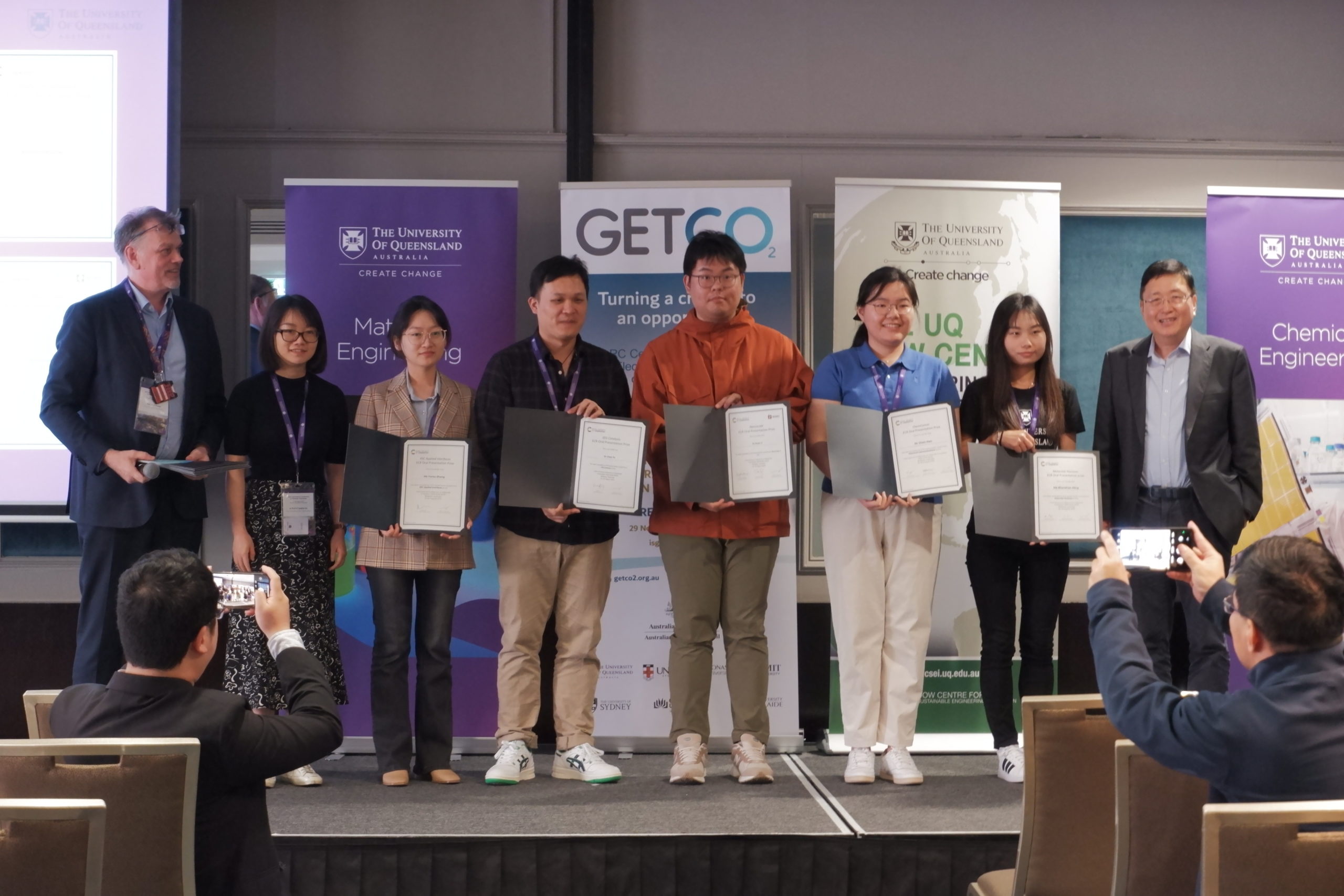
Some of the winners of the RSC presentation prizes at ICMI 2023. From left to right: Alan Rowan, Zi Sophia Gu, Yurou Zhang, Chao Ye, Huan Li, Chen Han, Shanshan Ding and Shizhang Qiao.
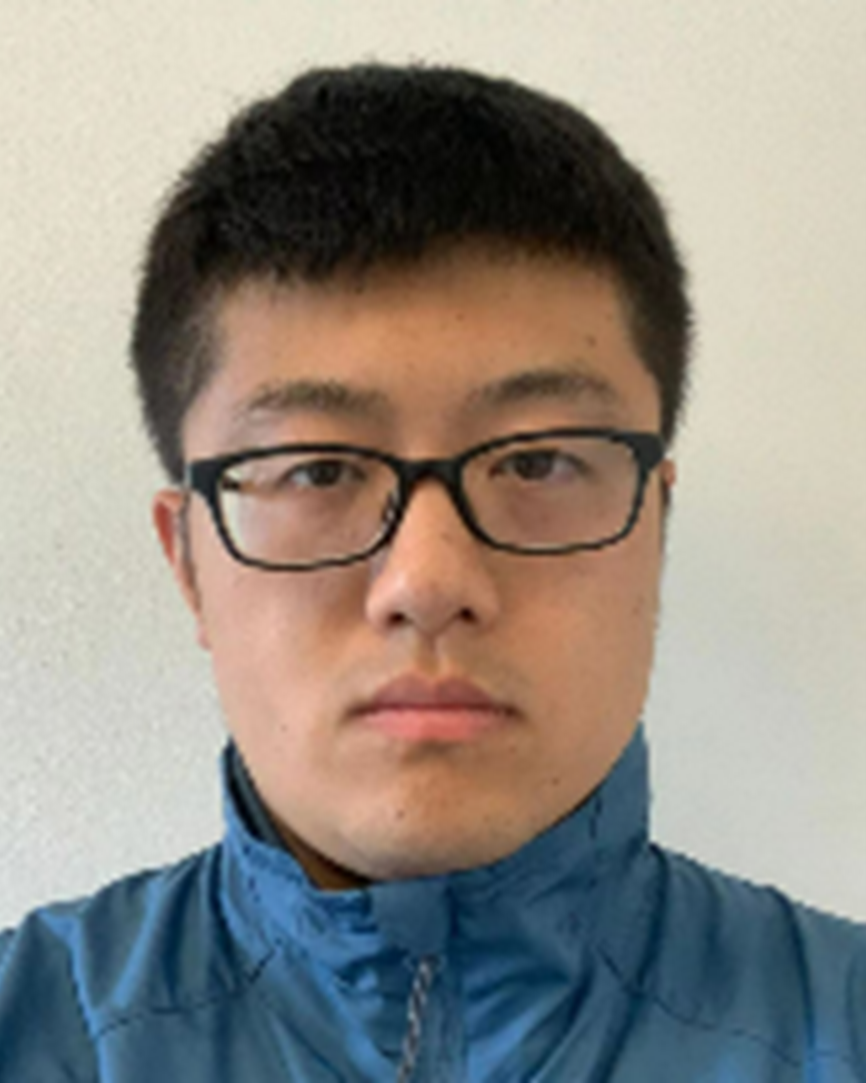
Nanoscale Horizons ECR Oral Presentation Prize Meng Li (Queensland University of Technology, Australia) Meng Li is an Early-Career Researcher (ECR) and Research Fellow at Queensland University of Technology (QUT). His research interest focus on thermoelectric material-related first-principles calculation, scalable synthesis and fabrication of inorganic thermoelectric materials, and assembly of thermoelectric devices guided by numerical modelling and finite-element analysis (FEA) simulation. |
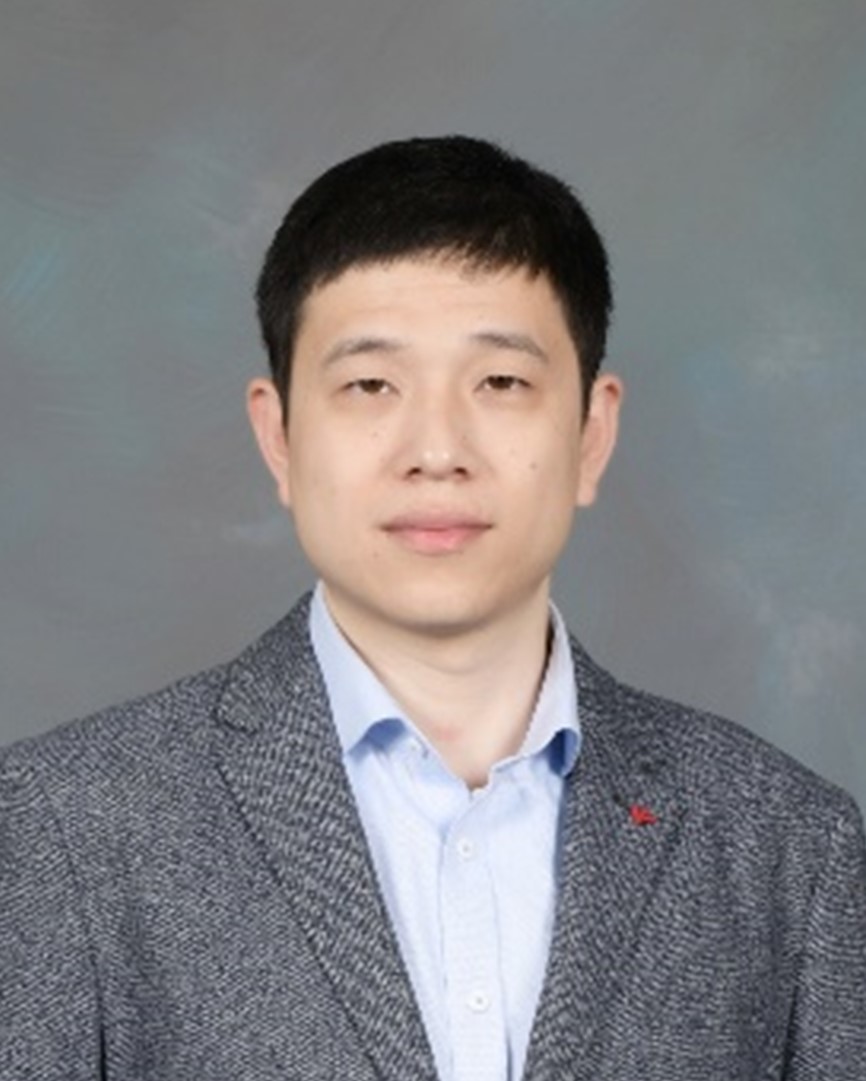
Nanoscale ECR Oral Presentation Prize Huan Li (University of Adelaide, Australia) Huan Li is a postdoctoral research fellow at The University of Adelaide, Australia in the group of Prof. Shi-Zhang Qiao. He obtained his PhD in Chemical Engineering from The University of Adelaide (Australia) in 2022. Prior to this, he obtained his bachelor and master degree in Electrochemistry from Tianjin University (China) in 2014 and 2017. Currently, his research interests are focused on the development of high-performance metal-sulfur batteries, including the design of metal anode, sulfur cathode and functional electrolyte. |
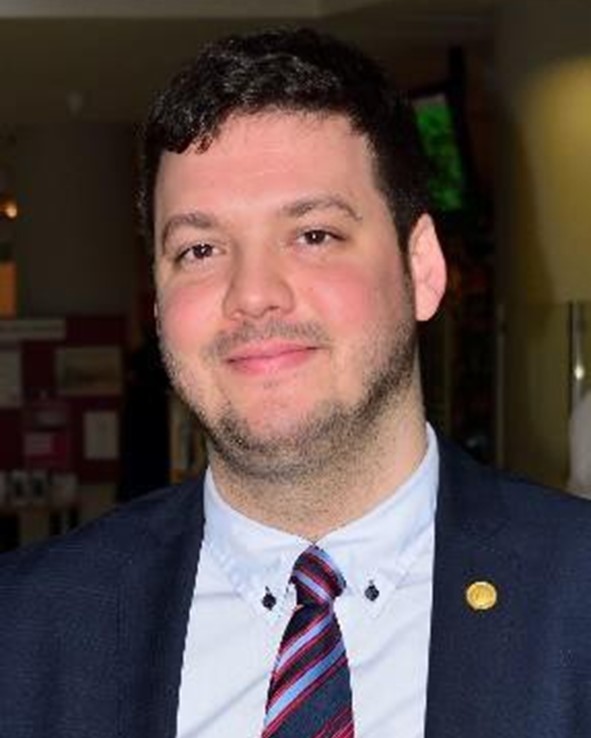
Nanoscale Advances ECR Oral Presentation Prize Gábor Varga (University of Queensland, Australia) Dr Gábor Varga has received his master’s degree (2014) and PhD (2017) in Chemistry from the University of Szeged, Hungary, where he is now an assistant lecturer. With financial support from a Marie Sklodowska-Curie Global Fellowship recently awarded to him by the EU, he is now working as a visiting researcher at the University of Queensland, Brisbane, Australia. His research interests focus on organic transformations (heterocyclisations, couplings, hydrogenations) promoted by heterogeneous catalysts, surface modifications of 2D materials, biomass valorisation and CO2 utilization. |
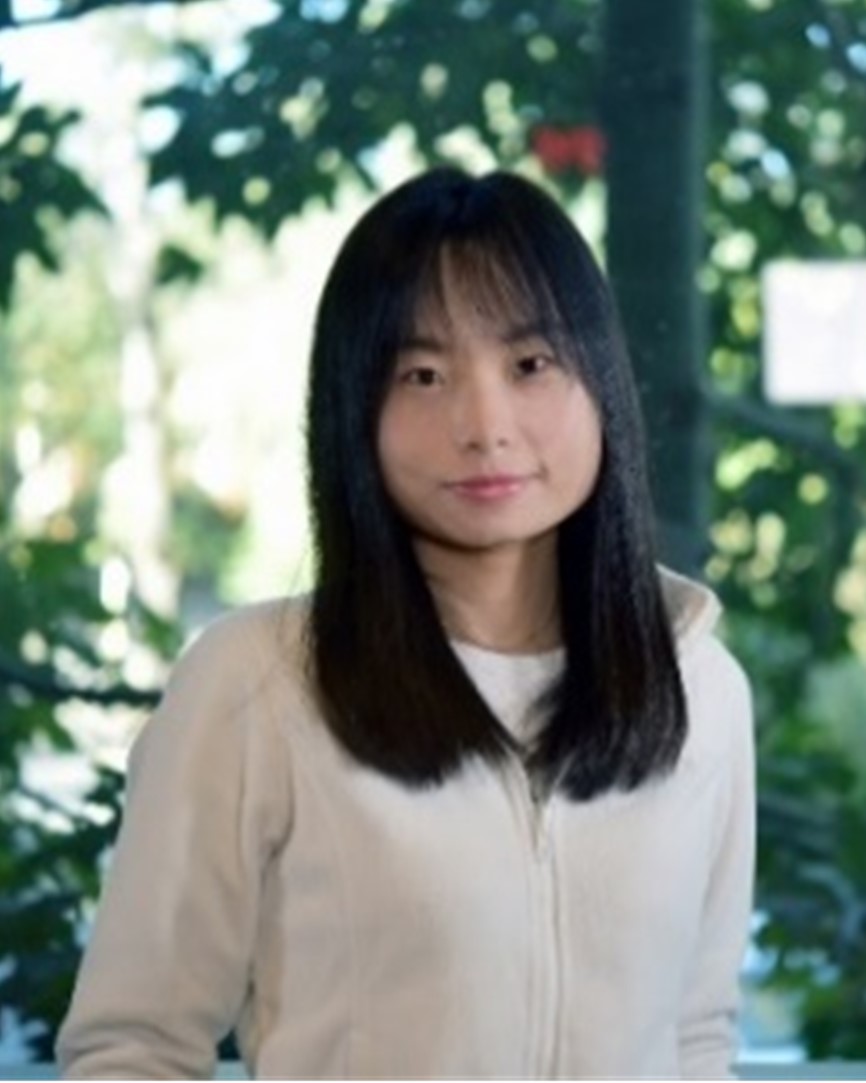
Materials Horizons ECR Oral Presentation Prize Shanshan Ding (University of Queensland, Australia) Shanshan Ding is a PhD student at the Australian Institute for Bioengineering and Nanotechnology (AIBN), The University of Queensland (UQ), Australia. She obtained her Master’s degree from Nanjing University in China. After that, she joined Prof. Lianzhou Wang’s group as a fully funded PhD student in 2019. Currently, Shanshan’s research concentrates on the development of stable metal halide perovskite quantum dots for efficient solar cell applications. |
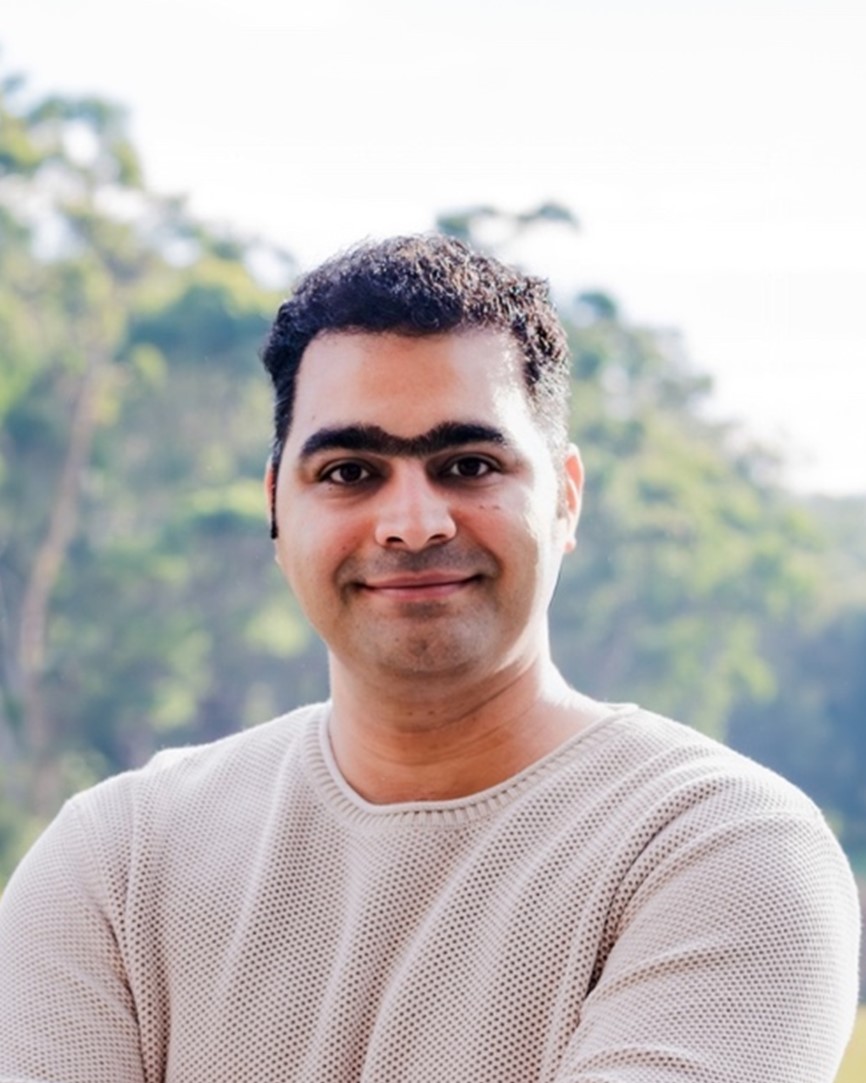
Biomaterials Science ECR Oral Presentation Prize Mohammad Tavakkoli Yaraki (Macquarie University, Australia) Dr Mohammad Tavakkoli Yaraki is an alumnus of National University of Singapore, having received his PhD in plasmon-enhanced processes for diagnosis and therapy of cancer in 2020. Mohammad joined joined Macquarie University in November 202, and received competitive three-year Macquarie University Research Fellowship (MQRF) in late 2022. His current research is fundamental study of surface-enhanced Raman scattering (SERS) towards designing ultrasensitive SERS nanotags for detecting wide ranges of biomarkers. Mohammad has 12+ years of experience doing research in both academia and industry. His research interests are developing plasmonic nanomaterials, charge-transfer induced SERS enhancement, photocatalysts, antibacterial nanomaterials, drug delivery systems and polymeric nanocomposites. |
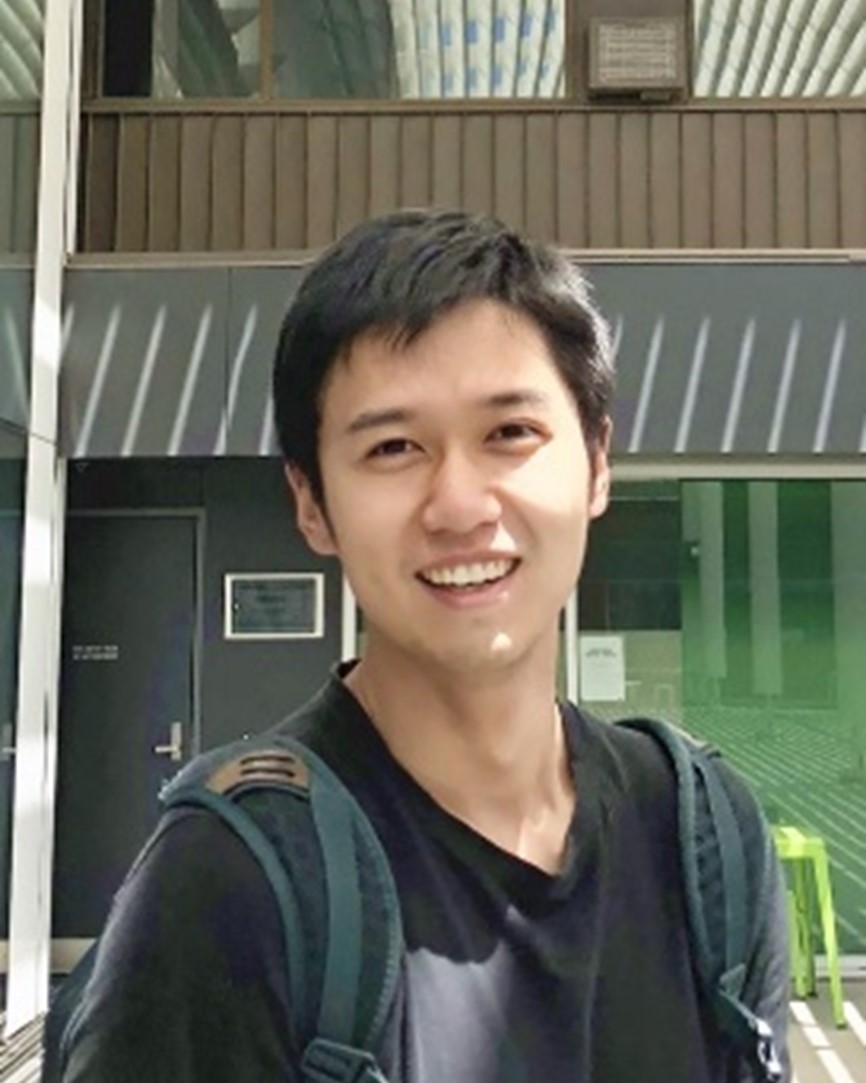
EES Catalysis ECR Oral Presentation Prize Chao Ye (University of Adelaide, Australia) Chao Ye received his PhD degree in 2020 from Prof. Shi-Zhang Qiao’s group at the University of Adelaide, Australia. Now he works as a DECRA fellow at the University of Adelaide, Australia. As an early career researcher, he demonstrated an exceptional track record, reflected by the publication of high-level refereed papers in peer-reviewed journals, including 16 papers as the first/co-first author, including Nat. Commun., J. Am. Chem. Soc., Angew. Chem. Int. Ed., Adv. Mater., Matter, Energy Environ. Sci., Adv. Energy Mater., Adv. Funct. Mater., ACS Nano, etc. His research interests are focused on energy storage and conversion such as metal-sulfur batteries and aqueous Zn-ion batteries. |
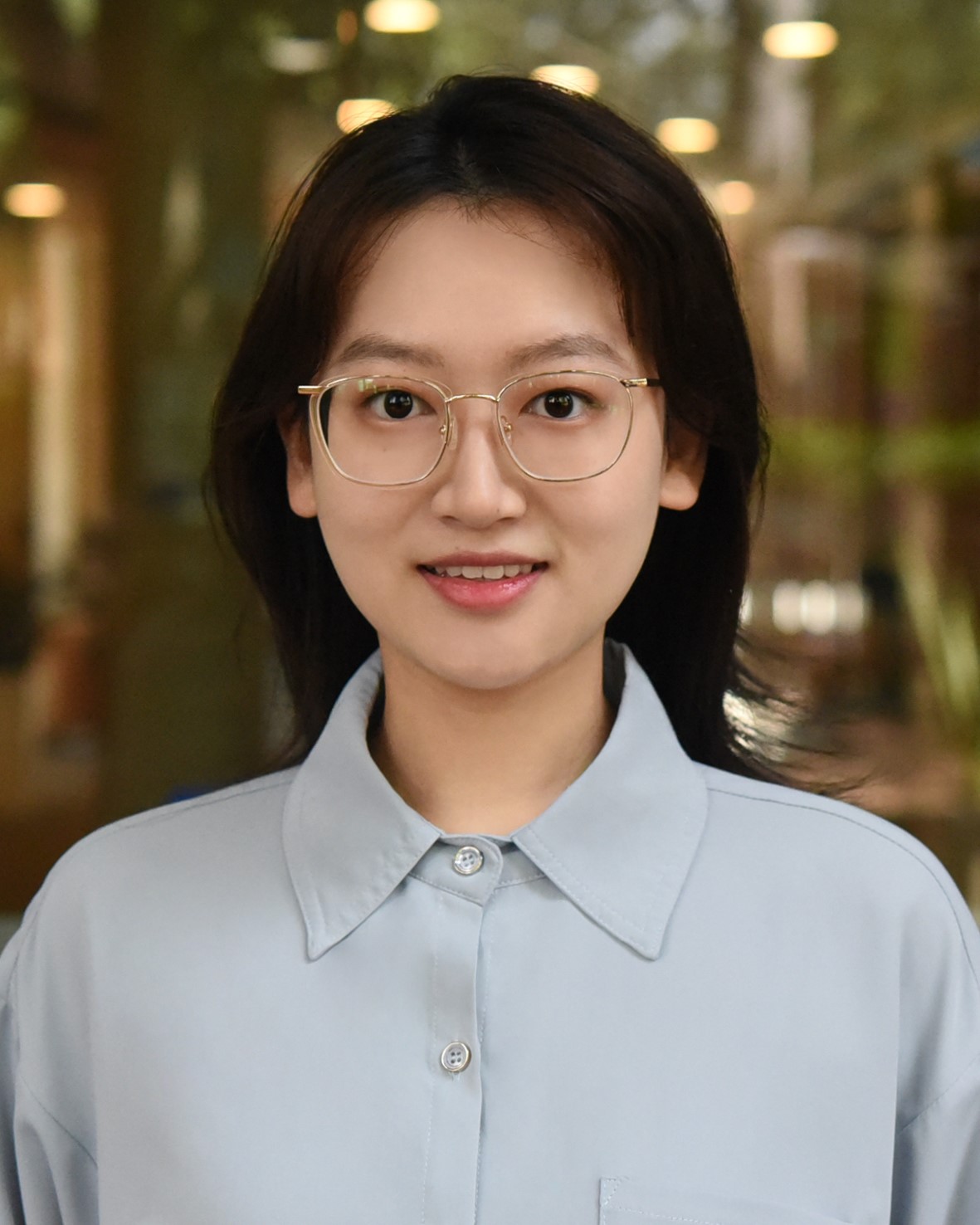
RSC Applied Interfaces ECR Oral Presentation Prize Yurou Zhang (University of Queensland, Australia) Yurou Zhang is currently a PhD student at the University of Queensland (UQ), Australia, under the supervision of Prof. Lianzhou Wang. She received her bachelor’s degree from East China University of Science and Technology in 2019. Since then, she has been pursuing her PhD degree at UQ, and her research interests focus on studying the optoelectronic properties and applications of organic–inorganic hybrid perovskite single crystals. |
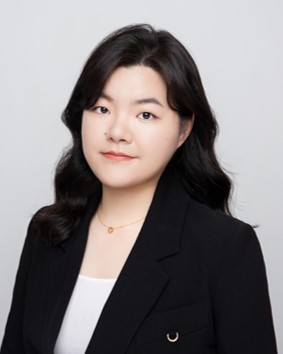
ChemComm ECR Oral Presentation Prize Chen Han (University of New South Wales, Australia) Chen Han holds a bachelor’s degree from the China University of Petroleum and a master’s degree from the East China University of Science and Technology. Currently, she is a PhD student in Chemical Engineering at the University of New South Wales (UNSW), working under the supervision of Professor Rose Amal, Professor Xiaojing Hao, and Dr Jian Pan. Her doctoral research focuses on Solar-to-chemicals conversion by (photo)electrochemical processes. |
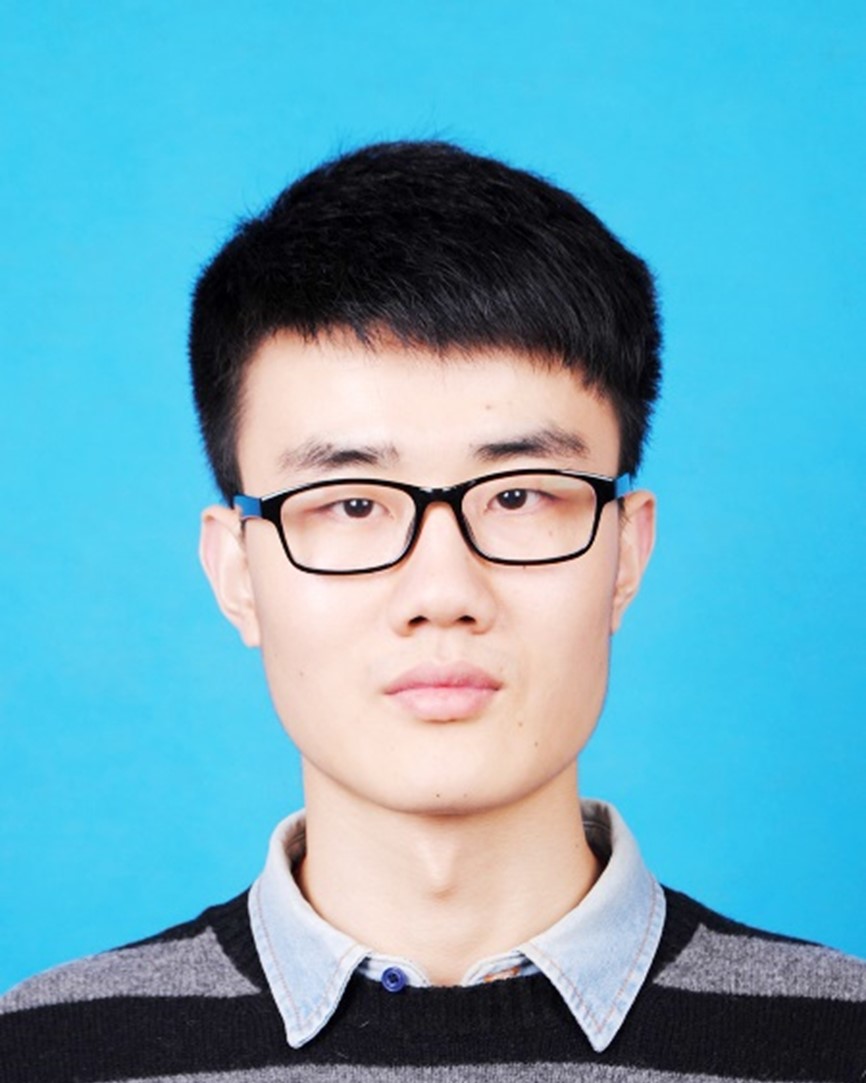
Materials Advances ECR Oral Presentation Prize Shilin Zhang (University of Adelaide, Australia) Dr Shilin Zhang is now a research fellow at the University of Adelaide, Adelaide, Australia. He received his PhD degree from the Institute of Superconducting & Electronic Materials in the University of Wollongong (Australia) in 2020 under the supervision of Prof. Zaiping Guo, after he graduated from Beijing University of Chemical Technology with an MSc in 2016. His current research interests focus on the design, synthesis and characterisation of electrode/electrolyte materials in the field of batteries. |
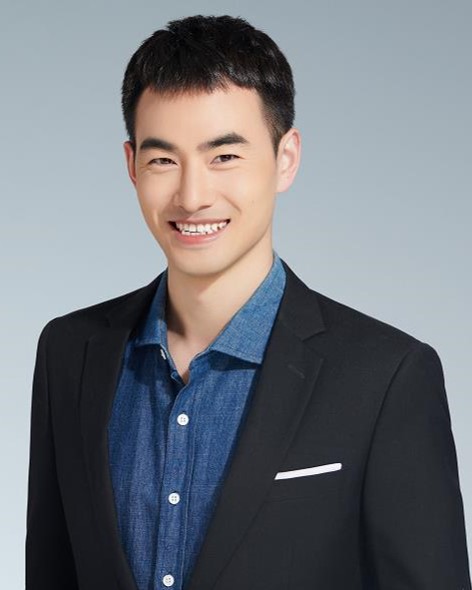
MSDE ECR Oral Presentation Prize Zan Dai (University of Queensland, Australia) Zan Dai is a Postdoctoral Research Fellow at the University of Queensland in Brisbane, Australia. His academic journey commenced with a focus on nanocrystals and chemical catalysis during his MPhil studies at the Wuhan Institute of Technology. Upon successfully completing his MPhil in 2016, Zan embarked on further research into reactive oxygen species for catalytic applications, working as a Research Associate in Prof. Rong Chen’s group. Supported by the Australian government RTP scholarship, Zan attained his PhD in biomedical engineering in 2022, supervised by Prof. Chengzhong Yu at the Australian Institute for Bioengineering and Nanotechnology, University of Queensland. His doctoral research was dedicated to the development of nanomedicines for cancer immunotherapy. Currently, Zan’s primary research is centered on biomaterials engineering for cancer therapy and immunoregulation. |










